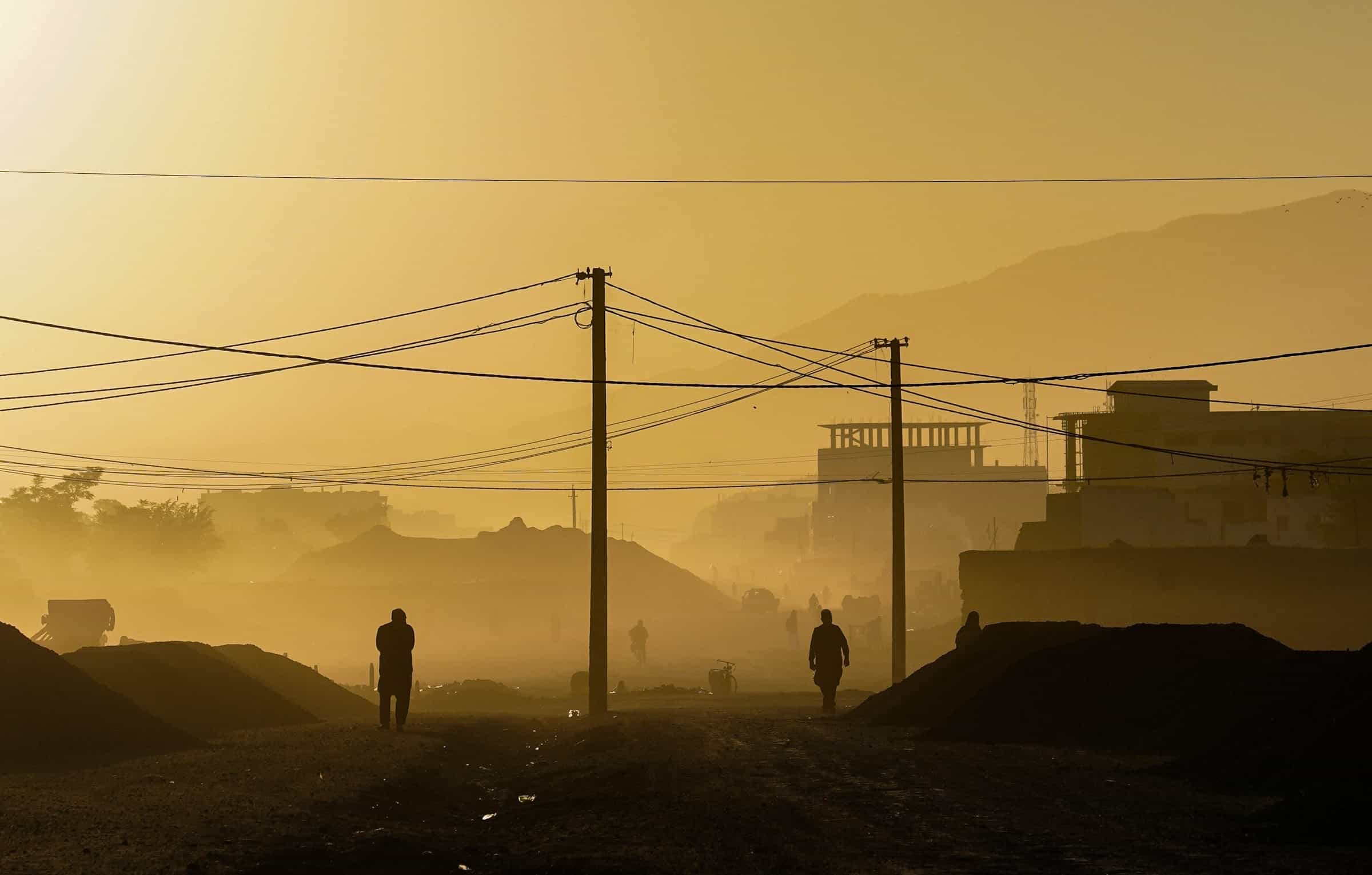Not far from where I live there is a small South-Asian grocery. Being the son of an Indian mother, every other week or so I stop by to pick up the ingredients necessary for dhal, chapatis, chutneys, and various masalas (never buy turmeric or cumin at the regular grocery store). A couple weeks ago I was chatting with one of the owners, whose name is Mark, and I was surprised to learn that he was Afghan American and a former American service member. He hadn’t slept in three days as he spent day and night calling friends in the American military as well as his state and national representatives in the desperate hope of getting his family extracted from Afghanistan.
I visited the store on August 29th with some baked goods for him and his family but he wasn’t there – his friend and co-owner informed me that his family had not yet made it out of the country. I have yet to find out if they ever did.
Mark’s story highlights the tragedy of the events we as Americans have watched unfold in Afghanistan over the past month. Yet this wasn’t an isolated tragedy. It stands as the culmination of a great series of tragedies. We often hear of the 2,461 American service members killed in the 20 year war waged on Afghan soil. However, we don’t often hear of the over 43,000 Afghan civilians killed over those twenty years. Or the over 64,000 Afghan police killed. Or the over 42,000 opposition fighters killed (note, the least of all). Including other smaller categories of casualties, the war in Afghanistan has a death toll of over 157,000.
Tragedy may not be the best word to describe this reality, but it is certainly fitting.
Now with the window for safe evacuation closed, the bitter fruits of a two decade bloodbath manifest: tens of thousands of innocent dead, hundreds of thousands of allies stranded in a nation controlled by the historically hostile Taliban, and over 180 persons senselessly killed in the war’s final hours. Perhaps we are finally ready to reflect on America’s ‘forever war’ in a new light: that of the Gospel.
Jesus tells us in the Sermon on the Mount, “You have heard that it was said, ‘an eye for an eye and a tooth for a tooth.’ But I say to you, offer no resistance to one who is evil…You have heard that it was said, ‘you shall love your neighbor and hate your enemy.’ But I say to you, love your enemies and pray for those who persecute you, that you may be children of your heavenly Father.” But do we take this message seriously?
For the first time since President John F. Kennedy, we have a practicing Catholic in the highest office in our nation. President Biden has, to his credit, ended a war that was in many respects an unmitigated disaster. By the numbers alone, our war in Afghanistan was a war on civilians with frequent Taliban casualties, not the other way around. The utter lack of support shown for the US-backed regime is nothing if not confirmation of this fact.
Yet after the horrific suicide bombing of August 26th which killed the 13 US soldiers and 170 Afghan civilians, I could not help but shudder at President Biden’s words of response: “We will not forgive. We will not forget. We will hunt you down and make you pay.” Biden has already made good on his sanguine promise by using deadly drone strikes which may have killed yet more innocent civilians.
As I prayed over these events in the light of Jesus’s words, I could not help but feel in my soul (and my eyes) the words of the psalmist as he cries out in anguish, “my eyes shed streams of tears because your law is not observed.”
The Spiritual Exercises of St. Ignatius reminds us that there are two standards in life and in important moments we as individuals and we as a nation must choose: the Standard of Satan who tempts with riches, ensnares with honor, and destroys with pride; and the Standard of Christ, whose banner is the Cross and whose road is first poverty, then insults, and finally humiliation. 1 Human nature instinctively shrinks from the Standard of Christ because Jesus’ Cross despises safety purchased with blood. It has no interest in hiding the truth to escape mockery. It rejoices in humiliation in order to confound the madness of retaliation. After twenty years of war, do we still believe safety from terrorism requires hundreds of thousands of dead bodies? Do we still believe turning a blind eye to the massacre of 43,000 civilians is the only way to preserve our sense of nobility? Are we still convinced that retaliation is the only legitimate response to vulnerability and defeat?
In other words, do we still believe in Satan and all his works and all his empty show?
In baptism it was precisely these empty works we rejected in order to cling with certain conviction to the opposite: that there is “no sublimer road above, nor a safer way below” 2 than that of Christ and his Cross. From its inception this Christ and his Cross has been foolishness to the (worldly) wise and a stumbling block to the (self-)righteous. We are the worldly wise. We are the self-righteous. If Jesus’ words do not sometimes make us exclaim “this saying is hard, who can accept it?”, then we have not yet heard Jesus’ words.
Let us pray for the Taliban, ISIS-K, the people of Afghanistan, our military personnel, our President, our nation, and all those who die as a result of hatred and war. Let us pray that we who have heard the Gospel might receive the grace to live it.
–––


